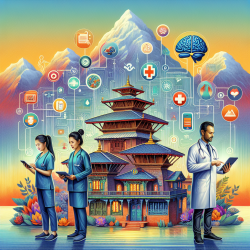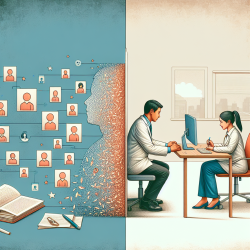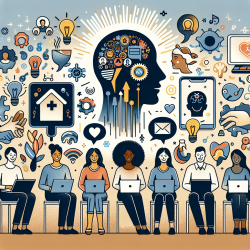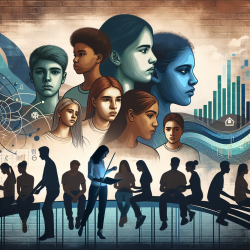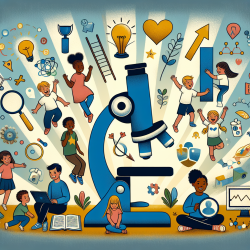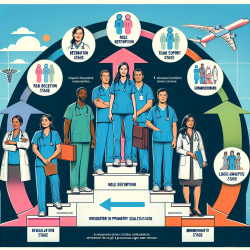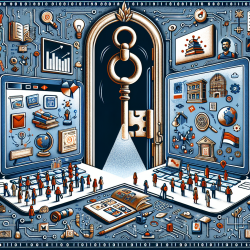The integration of mobile technology in healthcare is revolutionizing the way mental health services are delivered, particularly in low- and middle-income countries. A recent qualitative study conducted in Nepal sheds light on the experiences of primary healthcare workers using the WHO mhGAP intervention guide app. This study highlights both the benefits and challenges of employing this mobile app in the detection and treatment of mental disorders.
The Study: Key Insights
The research involved semi-structured interviews with 15 healthcare workers who were trained to use the WHO mhGAP mobile application. The findings revealed several advantages:
- Improved Diagnosis: The app helps verify and confirm assessments, ensuring accuracy and consistency in diagnosing mental health conditions.
- Uniformity Across Facilities: By standardizing the diagnostic process, the app promotes uniformity in treatment across different healthcare settings.
- Aid for Healthcare Workers: The app reminds practitioners of specific assessment questions and emphasizes the importance of psychosocial interventions.
- Enhanced Patient Interaction: The use of the app has improved communication between patients and service providers, fostering better understanding and engagement.
Despite these benefits, challenges such as lack of clarity about report submission, limited internet connectivity, and low technology literacy among older healthcare workers were identified. Recommendations from participants included revising the assessment process within the app, incorporating a chat function for real-time support from specialists, and adding more mental health conditions to the app's database.
The Path Forward: Enhancing Practitioner Skills
The insights from this study offer valuable lessons for practitioners seeking to enhance their skills through mobile technology. Here are some actionable steps:
- Embrace Technology: Familiarize yourself with mobile apps like the WHO mhGAP intervention guide to improve diagnostic accuracy and treatment consistency.
- Pursue Continuous Learning: Engage in training sessions that focus on new technologies and methodologies in mental health care.
- Cultivate Communication Skills: Use apps to facilitate better patient-provider communication, ensuring patients feel heard and understood.
- Advocate for System Improvements: Work with stakeholders to address systemic issues such as internet connectivity and report submission processes.
This study underscores the potential of mobile technology to transform mental health care delivery. By integrating these tools into daily practice, practitioners can not only enhance their skills but also contribute to a more effective and accessible mental health care system.
